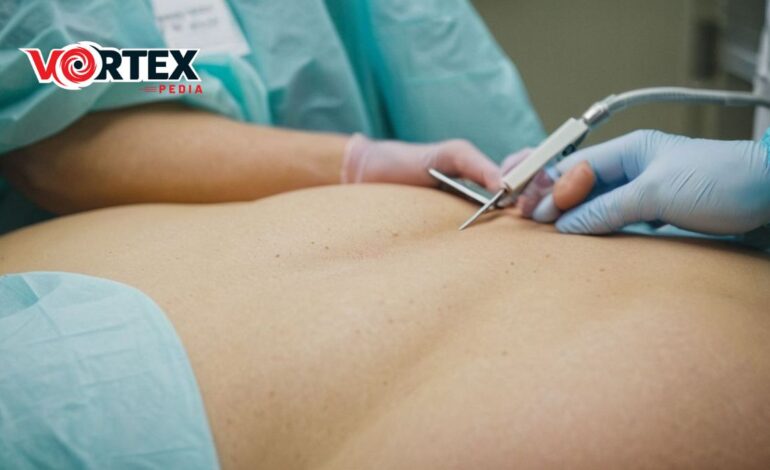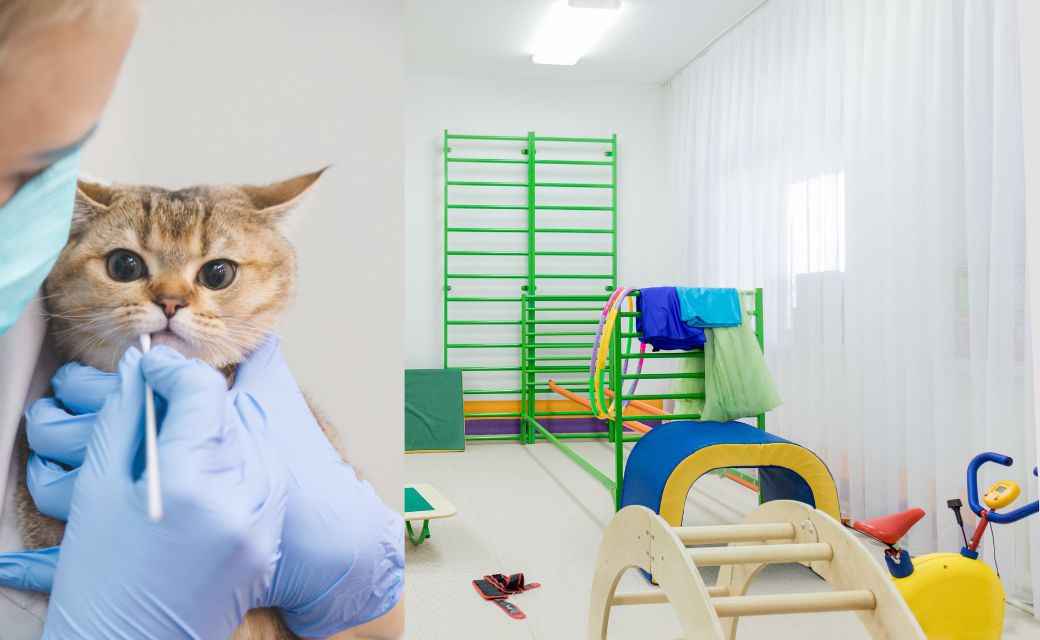
What Happens to Your Stomach After Bariatric Surgery?
Bariatric surgery is an effective solution in obesity intervention designed to prompt substantial and lasting changes in weight and overall health. However, there one usual question that patients normally ask is whether or not the stomach can grow after surgery.
Several questions this blog will address include whether stomach expansion is feasible and what causes it, alongside how patients can ensure they do not gain back unwanted pounds after surgery.
Breakdown & Analysis of Bariatric Surgery
Bariatric surgery consists of several operations that work to diminish the capacity of the stomach thus suppressing the consumption of food and producing weight loss. The most common types of bariatric surgery include:
- Gastric Bypass: A small pocket is fashioned from the stomach, and this small pocket is sewn directly onto the small intestines with no direct connection to the largest portion of the stomach.
- Sleeve Gastrectomy: In this procedure, about 85% of the stomach is surgically resected and a long and slender tubular stomach is remaining.
- Adjustable Gastric Banding: A plastic band is then processed around the upper portion of the stomach thereby producing a small stomach pouch that may be adjusted if necessary.
These surgeries help promote weight loss by:
- Reducing food intake: A small stomach capacity means that only a limited amount of food can be consumed at any one time.
- Hormonal changes: Obesity surgery can have an impact on hunger-regulating hormones, something that can satiate with lesser portions to consume.
Can the Stomach Expand After Bariatric Surgery?
In response to this question, the answer is a simple yes; the stomach can stretch after bariatric surgery. But this depends on other factors; for instance, the type of surgery and the habits of the patient. Although a little flexing cannot be ruled out, considerable stretching results in individuals piling up more fat. It is now time to overview the factors, which can cause stomach dilation after various types of bariatric surgery.
1. Type of Bariatric Surgery
Sleeve Gastrectomy: During this procedure, most of the stomach is cut out leaving behind a pipe-like structure. While the stomach can do this to some degree the stomach will not shrink back down and small redundancies are inevitable. But then again, eating large portions of food, or foods high in calorie content, can still lead to some measure of stomach bloating.
Gastric Bypass: In this procedure, the doctor will isolate a small pouch from the upper part of the stomach, and the rest of it is bypassed. If the patient decides to consume very large meals or high-calorie products the pouch will grow in size but it will always be significantly smaller than the initial stomach.
Adjustable Gastric Banding: This method involves the use of a band that leads to the creation of a little stomach pouch. In other cases, the stomach may become stretched due to an improper setting up or due to the patient having a tendency to overeat often. This should be avoided and this can only be achieved when the band is adjusted frequently.
2. Eating Habits
It is well known that eating behavior can also be the main cause of stomach expansion. The primary strategy for obesity treatment is bariatric surgery but the patient will need to adhere to a small portion size and healthy food eating plan mean only eat those foods that have much calcium.
Small multiple meals and snacking or excessive food portioning and foods high in calories but low in nutrients will over time accommodate the stomach. After some time the body gets used to the new intake and because they are able to accommodate larger quantities of food they actually gain the lost weight back.
3. Lifestyle Choices
Another thing that counts most about weight loss is the ability to keep being active and take good care of your health after the surgery is done. Regular movement, adequate intake of water, and focusing on the right foods from the stomach are vital tips that aid in avoiding belly bloating. People who adhere to the prescribed postoperative exercise regimen stand a higher chance of keeping their new smaller stomach size hence no weight cob.
4. Extension of Time and Natural Stomach Stretching
It is therefore normal for the stomach to expand a little in size from time to time, no matter how healthy the diet being followed. This is not especially a concern or a problem if the stretching is not a lot due to the poor diet. Most patients are able to regain the ability to eat quantities that couldn’t be consumed right after the surgery and this can be controlled if the right dietary patterns are observed.
Minimizing Stomach Size After Bariatric Surgery
It is impossible to avoid total stomach stretching while opting for weight loss, but the following tips will help the patient prevent stomach stretching while ensuring permanent weight loss goals are met. Here are some key strategies:
1. Follow Dietary Guidelines
It is vital to stick to a diet recommended by your health care practitioners. This ranges from making small portions of meals, choosing the most nutritional meal, and eating at equal intervals. Do not indulge in large portions of food and make sure you incorporate a good portion of lean protein, vegetables, and whole grain foods in your everyday diet.
2. Practice Mindful Eating
Nutritious eating is critical in those who have been subjected to bariatric surgery. This includes; eating when hungry and stopping when full, chewing food slowly, and avoiding anything that takes attention while eating. This implies that patients should eat better without necessarily taking large portions of food in order to minimize on stretching of stomach muscles. This practice also promotes a healthy interaction with foods.
3. Exercise on a Daily Basis
Physical activity also has a vital role in weight control and a range of general health implications. You can prevent weight gain by exercising since this helps in burning calories and kick-starting a healthy metabolism process. It also helps with the stability of the mind and can assist with patients wanting to continue changes made such as eating habits and lack of smoking after the operation.
4. Attend Follow-Up Appointments
You need to keep visiting your bariatric surgeon or your healthcare provider as often as possible. Such visits enable your team to assess your progress, advise you on how to get better, and change your management plan if necessary. Surgical complications or weight regain after the surgery can be addressed by your team and you be taken back on the right track.
5. Remain Sustained in Practicing Lifestyle Changes
Bariatric surgery is not a magic solution but an aid to promote permanent changes in one’s behavior. To prevent the regain of the lost weight and stretching of the stomach muscles, then the patient has to continue changing their lifestyle. These are everyday practices such as, a healthy diet, exercise regularly, and even mindful eating.
Conclusion
In bariatric surgery, although the stomach is divided and can expand to hold food it doesn’t revert to its old size without favorable eating habits and lifestyle practices leading to its ballooning. But to prevent the growth of your stomach you should adhere to the instructions of your healthcare team, eat mindfully, exercise, and have follow-up appointments.
Bariatric surgery is a potent weapon in the fight against obesity and ill health but it will only work if you want it to work. But the suggested methods will give you a permanent way of losing weight and living a healthy life.
To know more about options in bariatric surgery and the right advice according to the patient, visit Enfield Royal Clinic.








